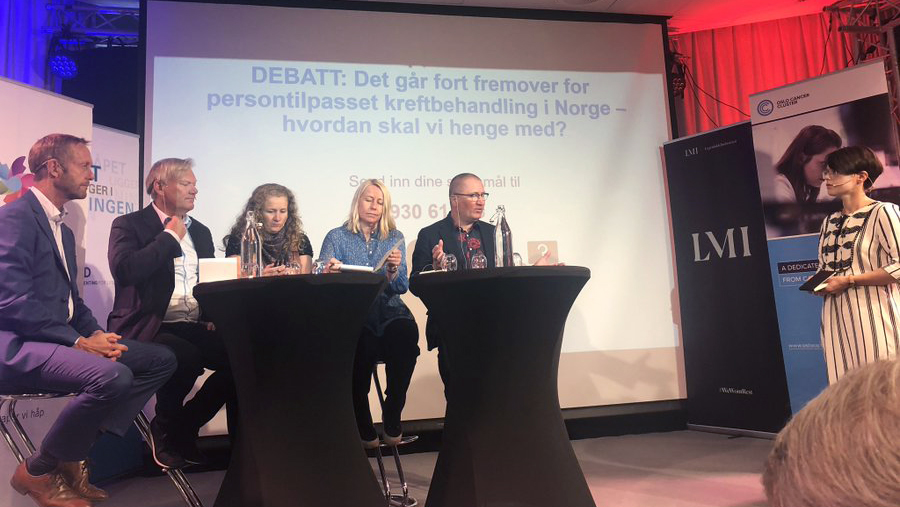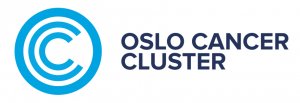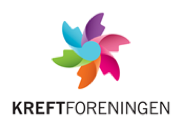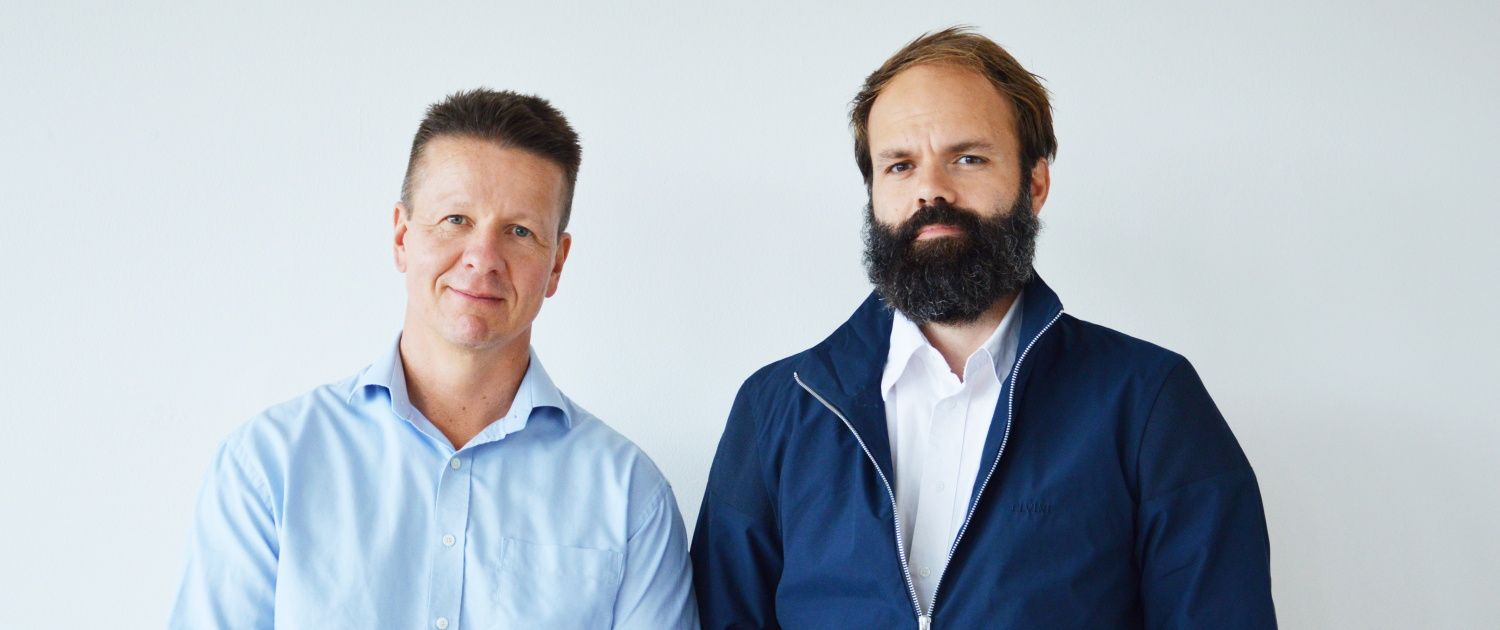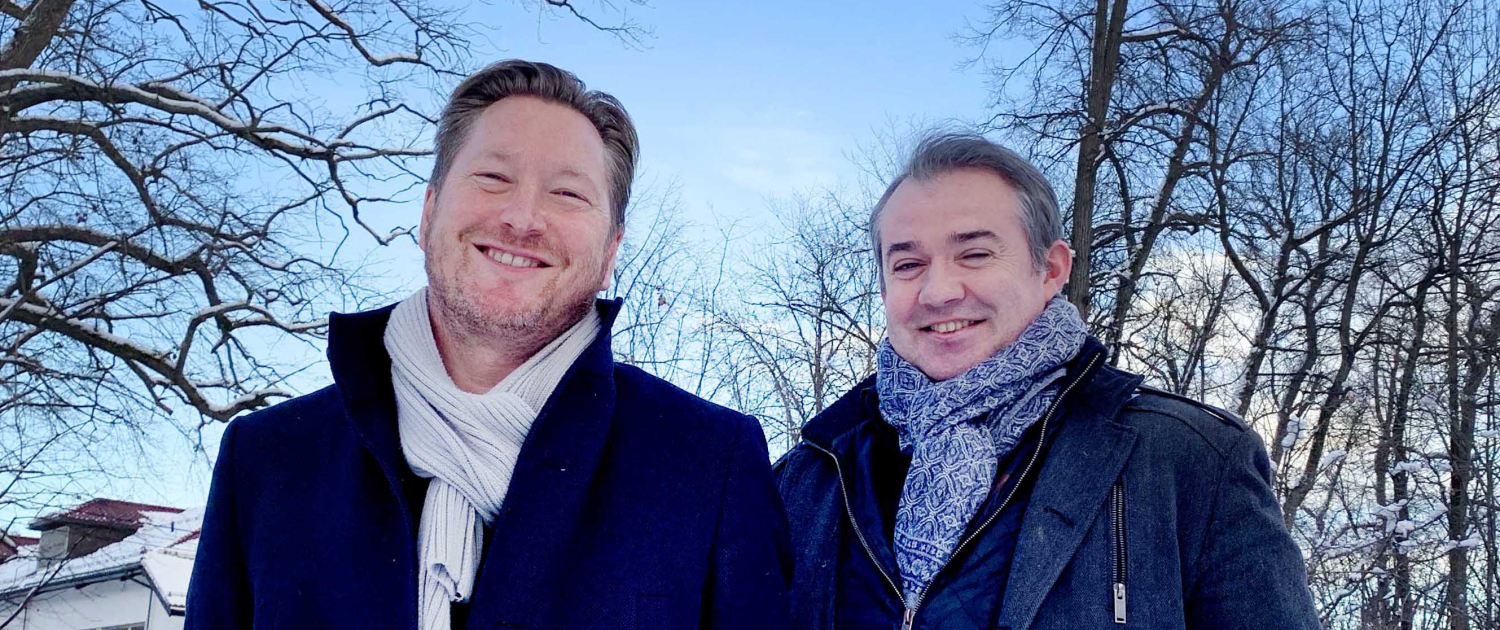Smartfish with clinical study results
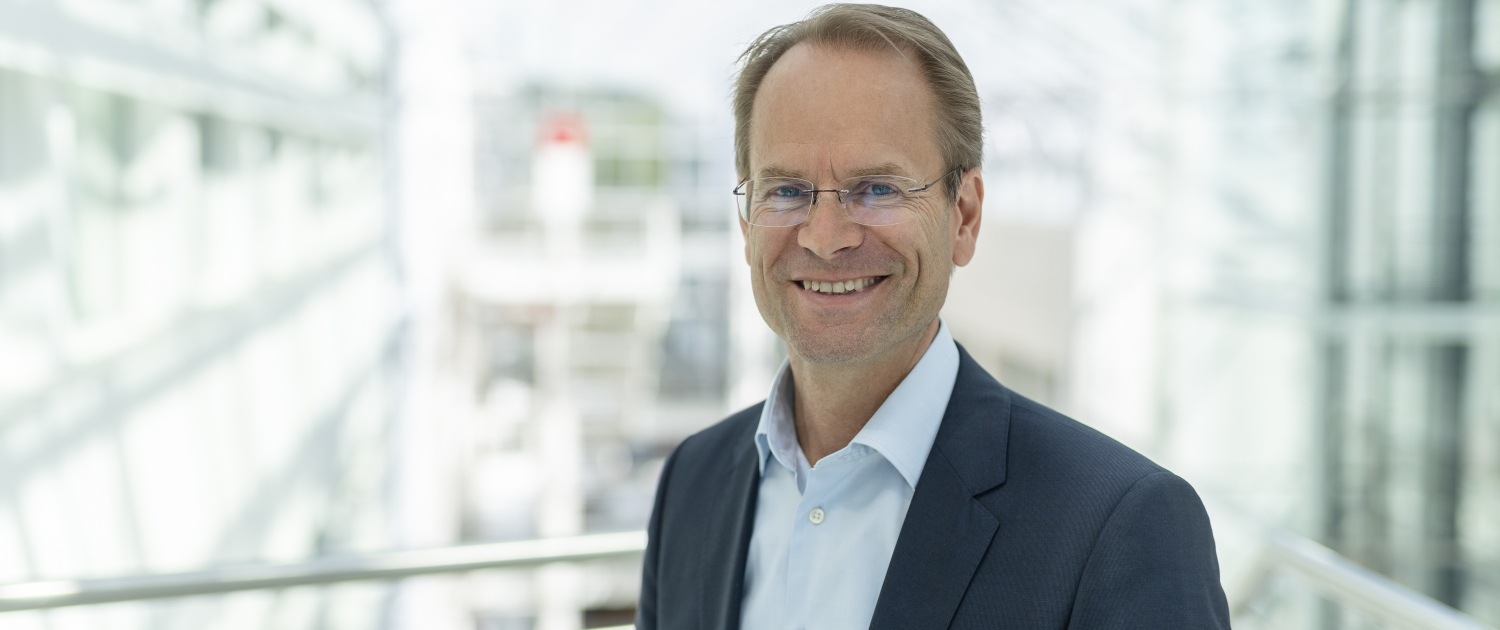
A new clinical study indicates that medical nutrition can improve overall survival in lung cancer patients.
Oslo Cancer Cluster member Smartfish AS presented the results from a randomized, double-blinded, placebo-controlled trial in the beginning of September. It evaluated one of the company’s medical nutrition products in patients with non-small-cell lung cancer (the most common type of lung cancer) suffering from cachexia.
Cachexia is a complex wasting syndrome, known to have a negative impact on clinical outcomes in patients with cancer and several other chronic diseases.
It is characterised by an ongoing loss of muscle and weight, that eventually can kill the patient.
The results show that the nutrition has a favorable safety profile and indicate a number of positive effects on clinical outcome, for instance that the patients who received the nutrition experienced numerically fewer adverse events from their chemotherapy treatments than the comparator group.
The clinical study
In the pilot study, lung cancer patients who received the nutrition while being pre-cachectic had a statistically significant higher survival after 12 months from baseline compared to the comparator group. 56 patients from 16 clinical sites in Sweden, Italy, Slovakia and Croatia were randomized to receive either Smartfish’s medical nutrition product or a milk-based isocaloric drink.
“This study shows the potential of Remune as an important enhancer of standard cancer care and clinical data like this helps to build awareness of what targeted medical nutrition can do for patients. We are encouraged to continue our research and development to ensure that the best possible nutrition is delivered to the patients who need it.” Geir Harstad, CEO of Smartfish
The medical nutrition product that was tested is called Remune, and is a juice-based drink produced with a proprietary emulsion technology containing unique high levels of Omega 3 fatty acids, vitamin D and whey protein.
The study was recently published online in the journal Nutrition and Cancer and can be read following this link: “Safety and Tolerability of Targeted Medical Nutrition for Cachexia in Non-Small-Cell Lung Cancer: A Randomized, Double-Blind, Controlled Pilot Trial” .
About Smartfish AS
Smartfish AS is active in the research, development, production and marketing of advanced and clinically documented nutritional drinks within medical nutrition and sports nutrition. All Smartfish products are produced on its proprietary juice-based emulsion technology platform with the marine DHA and EPA fatty acids as important ingredients. Smartfish has a number of ongoing clinical development projects and studies in close collaboration with researchers and institutions both in Norway and internationally. The company was founded in 2001 and is located in Oslo, Norway and Lund, Sweden. Smartfish’s main shareholders are Investinor (Norway) and Industrifonden (Sweden). For more information, visit SmartFish official website.
For more information about the study and the company, please contact Jens Nordahl, VP Sales & Marketing, tel +47 996 299 99.
The company’s press release can be read as a PDF in this link.


